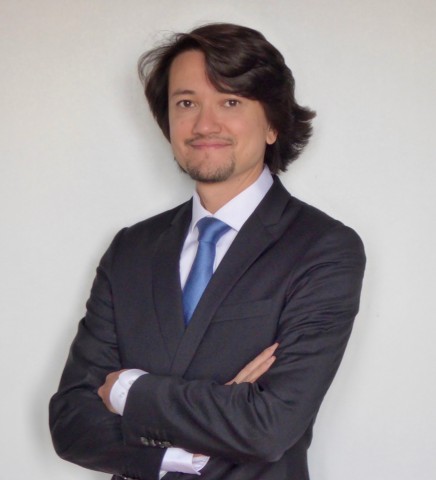
The Research Programming Law (LPR) places significant emphasis on STIC. In your opinion, what are the current challenges facing scientific mediation, in particular on the occasion of the Science & You event?
The Research Programming Law, which was enacted last December, certainly emphasises the importance of scientific, technical and industrial culture (STIC), and also makes renewal of conditions for dialogue between science, research and society a key issue for the future of our democracy. This is happening through development of new interfaces between the academic world and civil society, including effective mediation and communication mechanisms enabling constructive exchanges between scientists, citizens and decision-makers.
In this respect, the issues involved in scientific mediation are crucial: by fostering dialogue between actors in different cultures, it must not only enable the sharing of established knowledge, but, above all, the processes of developing knowledge, its validity conditions, analysis of its limitations, and the questions that it raises. It is the scientific approach that enables us to distinguish between scientifically established facts and simple opinions, scientific controversy and sterile polemics.
Dialogue between science and society therefore requires a change in scientists’ stances in their relationship with citizens: it is never enough simply to disseminate a top-down “truth” to be passively received by supposedly ignorant citizens; they need to engage in real exchanges and be attentive to societal questions and problematics. This also supposes that citizens and decision-makers must have access to reliable, top-quality information if they are to understand scientific and technical advances, discuss the issues they raise, and participate in them. All this therefore requires more thought to be given to the issues involved in scientific mediation and communication in order to act more effectively. There can be no doubt that Science & You makes an active contribution in this respect, which is why the Ministry supports the event.
Science & You organises PhD training courses upstream of its colloquium, the goal being to provide tools to publicise research and raise researchers’ awareness on openness to the public at large. What are the issues involved in providing young researchers with training on scientific mediation? What role(s) do they play in informing citizens?
It is essential to raise researchers’ awareness on the practice of scientific mediation and communication during their doctoral training. It’s not a question of making them professionals in this respect, but of getting them to realise how their research is perceived by society. There’s a great deal to be said for addressing non-specialists: not only is it of benefit to the public, but also to the researchers themselves, for whom the exercise will be extremely useful throughout their careers. Explaining your subject to as many people as possible, to your peers, and taking part in public debate requires knowing how to communicate on the subject of your research in order to make it intelligible and accessible. Yet translating without misinterpreting can’t be improvised, it has to be learned, in particular through practice and meetings with mediation professionals, which is why it’s essential to provide young researchers with training on mediation.
The French seem to be increasingly sceptical when confronted with scientific information. What actions has the Ministry of Higher Education, Research and Innovation implemented in order to combat this growing mistrust? How do you envisage the evolution of French citizens’ trust in science over the years to come?
The question of French citizens’ relationship with scientific information deserves to be analysed in greater detail as not all remedies are in the hands of the public authorities alone.
In a context marked by a new configuration of information disorder, the Ministry has taken a range of actions, drawing on both the LPR and the “Science with and for Society” roadmap presented by Frédérique Vidal in April 2021. First of all, as we need to understand before we act, one of the focuses of the National Research Agency’s first call for expressions of interest was “understanding of a societal phenomenon and its dysfunctions”, with a view to initiating or stepping up research on phenomena of trust and mistrust vis-à-vis scientific discourse, information disorder and conspiracy theories. Secondly, in the context of the new structuring of “science-society” dialogue around networks of initiatives overseen by universities, the Ministry has launched a “Science with and for Society” label one of whose criteria bears specifically on support to scientific communication initiatives promoted by research staff, along with training of journalists and journalism students in scientific literacy, and the highlighting of scientific developments and expertise in the media. Finally, with a view to laying the groundwork for a renewed, consolidated relationship between science and the media, thought is currently underway in collaboration with all actors concerned, including the main public broadcasting groups.
